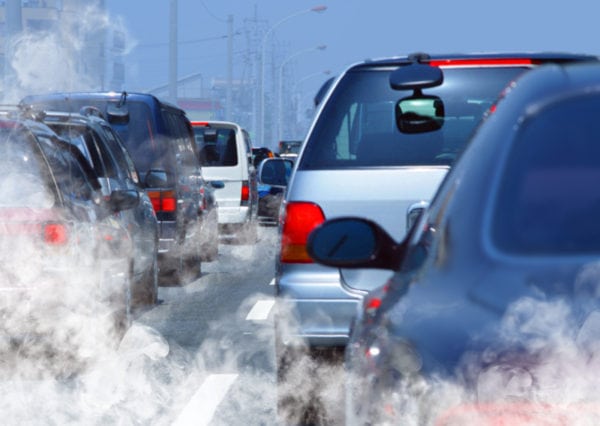Women who live in pollution-heavy areas may be more likely to have dense breasts, a known risk factor for breast cancer, according to new research.
“It appears that women who have dense breasts have a 20 percent greater likelihood of having been exposed to smog,” said study author Lusine Yaghjyan, an assistant professor of epidemiology at the University of Florida.
For this study, researchers evaluated records of nearly 280,000 women, aged 40 and older, who had mammograms and classified their breasts as either dense or fatty. The investigators also evaluated pollution levels in the areas where the women lived.
They found that women with less-dense breasts were 12 percent less likely to have been exposed to high levels of the fine particles in air pollution that can infiltrate the lungs, Yaghjyan said.
Previous research has found a similar link, but this latest study is the largest to date.
Researchers believe the pollution may be linked to more dense breast tissue because “it appears some of the chemicals that might be in those fine particles [in air pollution] might have properties disrupting normal endocrine function,” Yaghjyan said.
The endocrine system secretes hormones into the body. A disruption of that system could alter estrogen activity and growth factors, which may trigger a proliferation of breast cells.
“If that happens, breast density increases,” Yaghjyan said.
Other research has found that women with very dense breasts may be four to five times more likely to develop breast cancer than women with low breast density. It is harder to detect small tumors in dense breasts.
Yaghjyan noted more research needs to be done. “It’s the first step and we need more studies, especially trying to understand if there is a causal link or just an association. This [study] does not show any causal link,” she said. “For us to prove causality, we need much more than a single study.”
And, she said, it’s too soon to make recommendations to women living in heavily polluted areas about how to reduce their potential breast cancer risk.
Does Pollution Lead to Breast Cancer?






